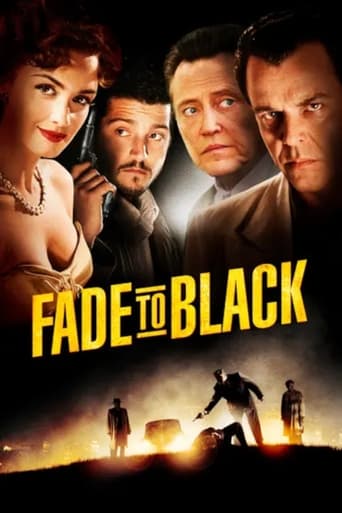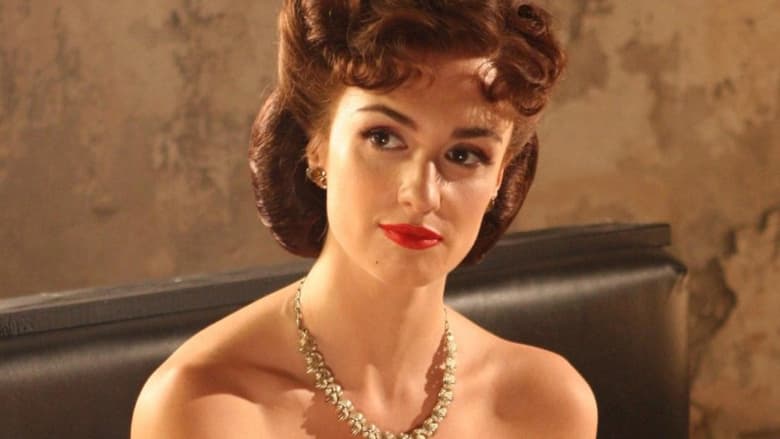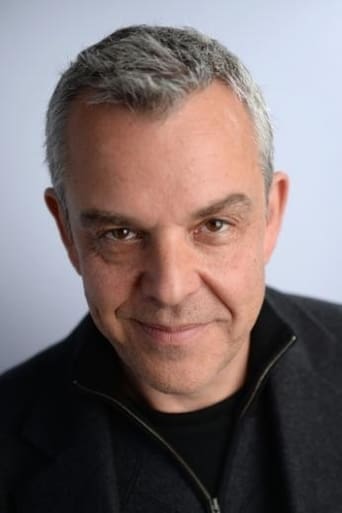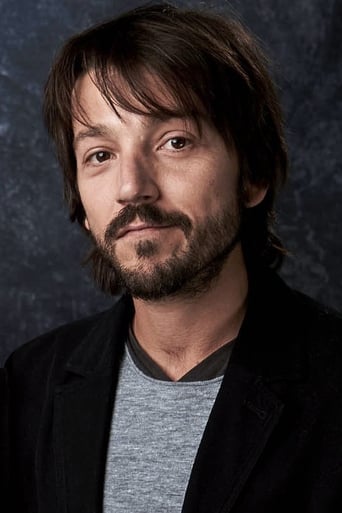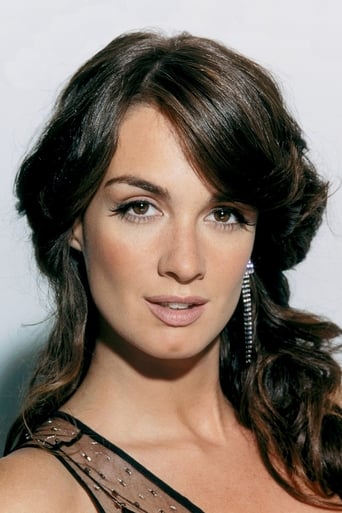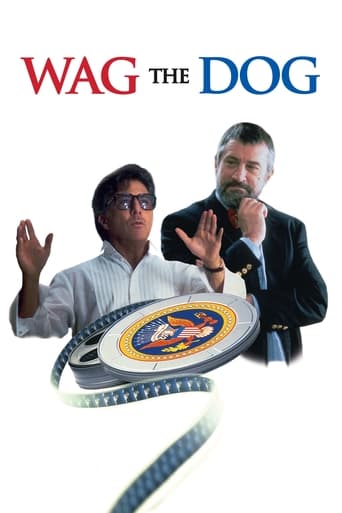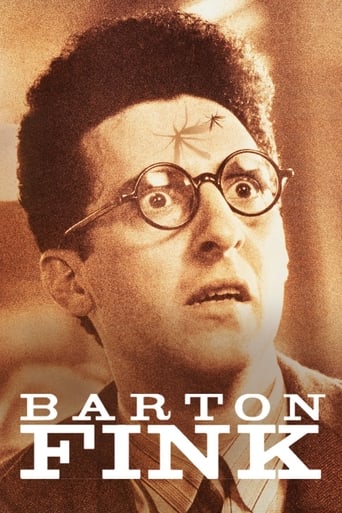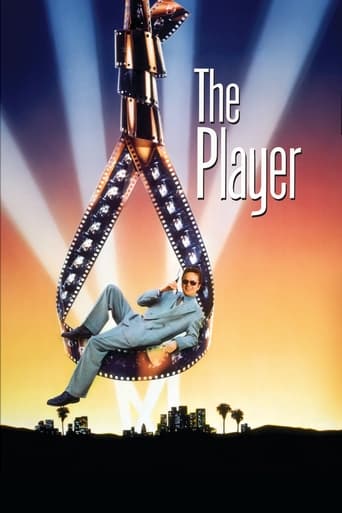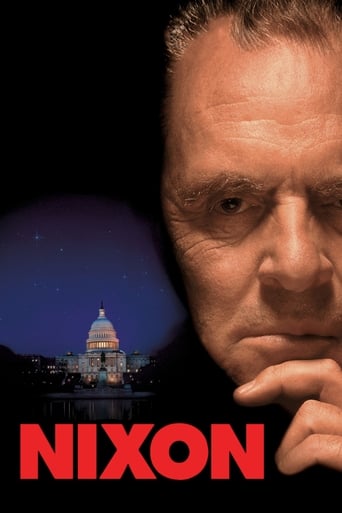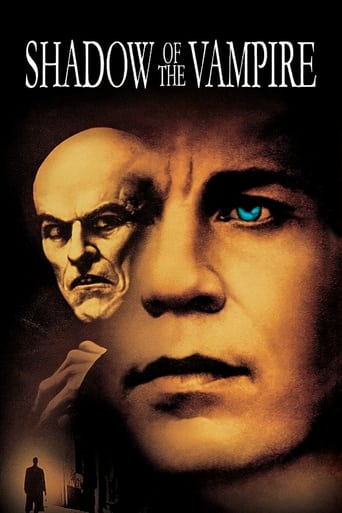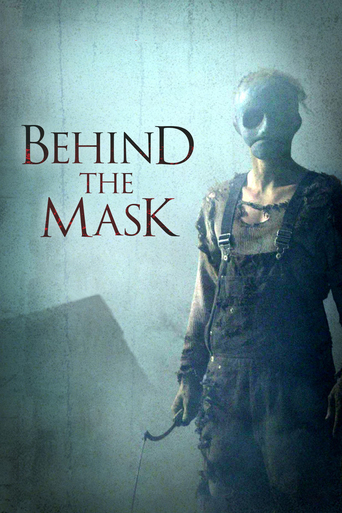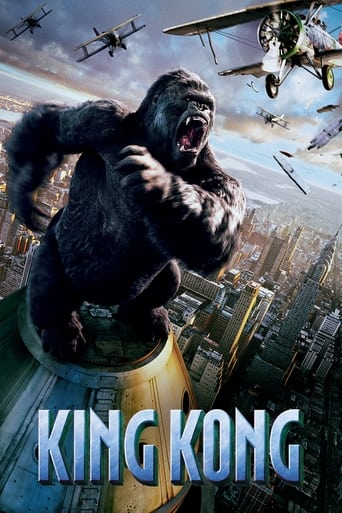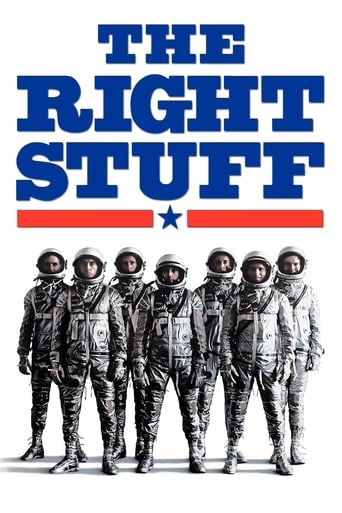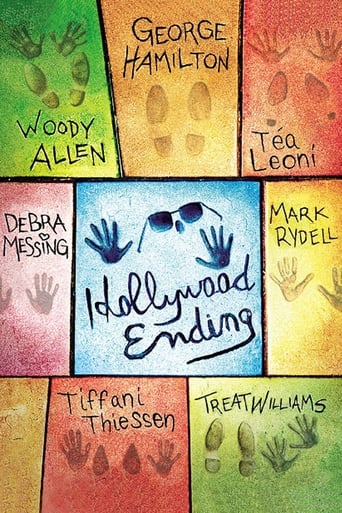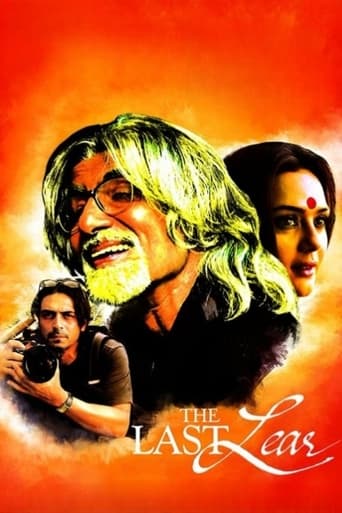Fade to Black (2006)
Still reeling from the painful breakup of his marriage to screen siren Rita Hayworth, filmmaker Orson Welles makes his way to Rome, where he gets pulled into a tangled political plot involving murder and mysterious motives. A beautiful actress proves a tempting distraction. But if they want to stay alive, Welles and his young Italian driver need to stay focused.
Watch Trailer
Free Trial Channels
Cast


Similar titles
Reviews
Good , But It Is Overrated By Some
Excellent adaptation.
A lot of fun.
This movie feels like it was made purely to piss off people who want good shows
Our subject film gets underway by showing Mr. Welles in a very inauspicious light, as evidenced by his tepid, if not sarcastic, reception at the Rome airport as he arrived at the terminal almost unnoticed and visibly upstaged by Ty Power's arrival. But what's our guy to do given his current set of circumstances brought upon him by Ms. Hayworth giving him the old heave-ho and thereby ending their marriage? So now he's in post WWII Rome where he shall try to undergo some face saving (he hopes) by attempting to reinvigorate his career by directing his slightly convoluted version of Othello that starts to look like a comedy of errors at the immediate onset of this dubious production.But camp turns to tragedy as one of the actors gets murdered not long into the production. The dying thespian whispers something into Mr. Welles' ear just before passing on, and now a whole new chain of events starts to take place. One mystery begets other mysteries in a sort of arithmetic progression and the serious side of this drama/mystery starts to unfold. And this part of the film shows an understated, realistic Orson Welles who stumbles about looking for murder clues amidst a truly chaotic time in Italy. No star fanfare or ballyhoo here as he undertakes this complex task.After all, it is post WWII Italy and the country is in total upheaval as large segments of the populace live in dire poverty. Added to this is a loose but dangerous amalgamation of ex-Nazis, dope dealers, neo-Fascists, US & other Allied forces' mercenaries acting under the guise of the political umbrella called the Christian Democrats who purportedly want to democratize Italy and make it a safe haven for democracy, out of Stalin's Communist Party's reach. Welles stumbles into these characters as he proceeds with trying to find more facts surrounding the murder on his set and ends up in a bailiwick of troubling surprises in so doing. What he sees, hears and learns from one of his old friend American colleagues (Chris Walken's role) and others in the aforementioned umbrella group is what drives the latter part of the film and pieces together the political ramifications of what transpires here. Was this a true account of what actually happened in post WWII Italy's chaotic time of turmoil? As was said toward the film's conclusion: "You want facts, read a History book!" At least there you will find out one person's view of the facts...Welcome to the real world!!
Danny Huston is Orson Welles in "Fade to Black," a 2006 release, directed by Oliver Parker, and featuring Paz Vega, Diego Luna, Christopher Walken, Anna Galiena, and Nathaniel Parker.In this story, Welles goes to Italy after his divorce from Rita Hayworth to make a film, "Black Magic." He also wants to raise money for his film version of "Othello." While in Italy, one of the actors in the film is murdered, and as he's dying, he whispers the word "Nero" in Orson's ear. Welles intends to find out who killed him. But he finds himself not only involved with shady characters, but embroiled in the politics of the country. As time goes on, he begins to hear different stories about the actor, somewhat contradictory in nature. On top of which, Tyrone Power is a much bigger star in Italy and Welles keeps coming up short, except on a hit list!This is a nice blend of fact and fiction. Welles did go to Europe around this time, and he made several films, which he often did when he was trying to get money together. His marriage to Rita Hayworth was a complicated one. When his political ambitions led nowhere in the '40s, Rita, so desperate to get out of show business, turned to Aly Khan instead. Welles adored her, but her insecurities made her difficult to live with and was a bad combination with his egotism.It's doubtful that Welles would have gotten himself mixed up in anything that didn't somehow lead to his own self-aggrandizement, but I could have gone along with it if the script had been better. It tries to cram in too much plot.Italy after the war was a horrific mess. The production values for "Fade to Black" are wonderful and show the post-war ruination, as well as striking differences between rich and poor. Of course, Cinecitta the film studio is in Rome, and Tombolo, the place where deserters and collaborators escaped, is way up north, though it's not clear if they're speaking of a district or the city. In any event, it's a wooded area seemingly not far from Rome. The word tombolo has more to do with a mound or beach, so the woods would be the name for it.Danny Huston doesn't look or sound like Welles, except on the film that plays behind his magic act - there we see him in the typical Welles big overcoat and hat, in black and white. He does a good job, though I do believe Welles was a bit showier. As the mother and daughter who knew the murdered actor, Paz Vega and Anna Galiena are gorgeous and look just like mother and daughter. Both have a mysterious aura which adds to the film.The denouement is no surprise. Still, this is an enjoyable film about one of Hollywood's most electrifying people, a brilliant maverick with a flamboyant personality. Sadly, though he resented the discipline and structure dictated by a Hollywood studio, he needed it. Once he left, he was never the same.
Orson Welles was invited in 1947 to participate in the film "Black Magic", directed by Gregory Ratoff. At the time, Mr. Welles was getting over the painful experience he suffered after the divorce from Rita Hayworth. His arrival to Italy went mostly unnoticed, as we witness his arrival at Rome's airport; his presence there is upstaged by that of Tyrone Power. One of the reporters insists in calling him Mr. Hayworth, something that must have hurt the wound in his heart.When the shooting begins in the fabled Cinecitta, everything is chaos, as director Ratoff tries to rein all what is going on in the set. To make matters worse, the leading lady, the gorgeous Lea Padovani, doesn't seem to warm up to her more famous co-star. When one of the players in the film dies right in front of Mr. Welles, he discovers a list with names of prominent Christian democrats. Curiosity gets the best of him, as he wants to follow the motives behind the deaths.It was a difficult time for Italy. Having been defeated, the country was in turmoil with thousands of refugees living in squalor. The communist party had a strong following, something that Orson Wells notices right away. His the help of his young driver, Tommaso, he goes into an unknown territory and gets sucked in the mystery behind the politics of the time.As directed by Oliver Parker, the film is a curiosity piece about what went on in Italy at the time, from the real Orson Welles perspective. Danny Huston, who portrays the American genius, has an uncanny resemblance and is about the best thing in the picture. Diego Luna, is seen as Tommaso, and lovely Paz Vega, has some good moments as Lea Padovani, the leading lady.
I enjoyed this movie immensely. It captures the sense of Orson Welles as an adventurer, trying to raise money for movies which he understands better than those around him and instead making ones for other people which he knows are rubbish. On his travels in 1948 Italy, he stumbles into a murder mystery connected, perhaps too loosely, with a political conspiracy.It's cleverly made and very funny. I loved the playfulness which nodded at Welles's work without doing anything as crass as obvious references. It's an enjoyable story. Not a great thriller, the insights and revelations weren't surprising but that only made it more real and engrossing.Huston was encouraged to do part Orson and part his Father, John. He's a likable, believable hero matched by a good, mainly Serbian cast. Paz Vega is excellent as the heroine and Diego Luna gives a wonderful turn as the second hero to Welles, reminds me of James Macavoy, only likable.

